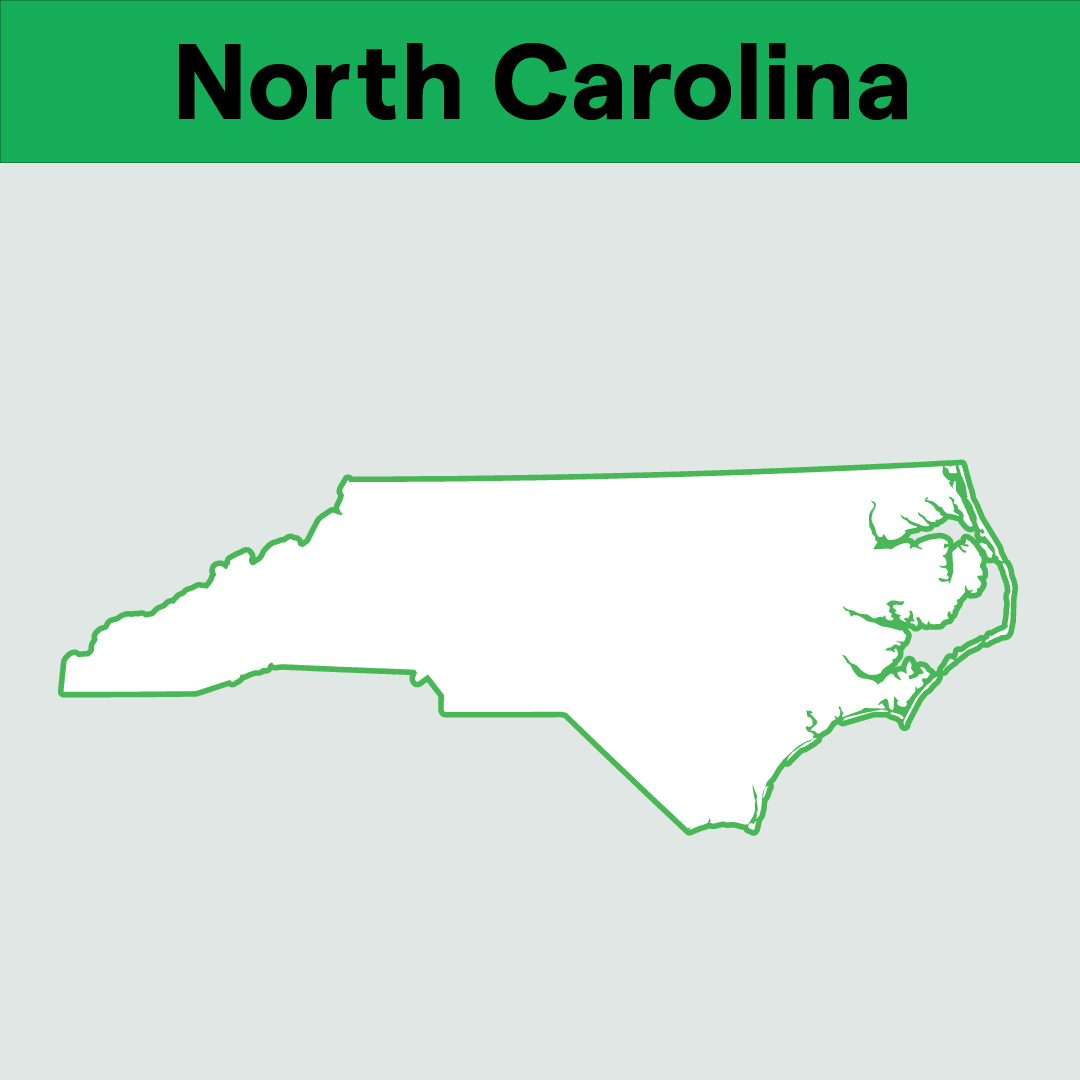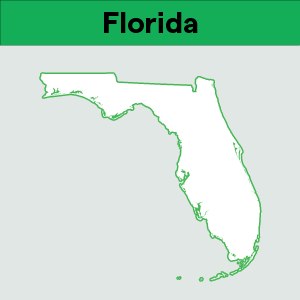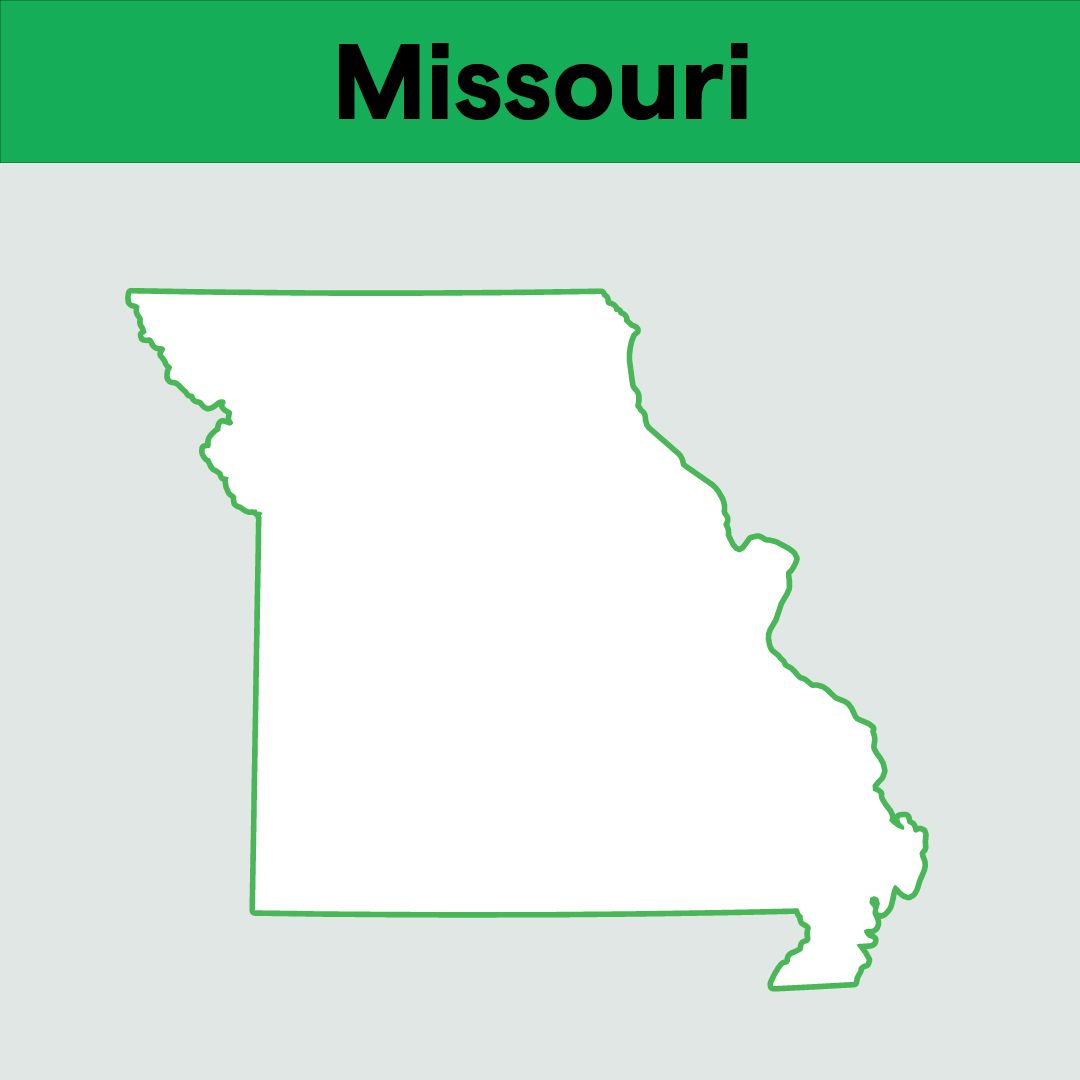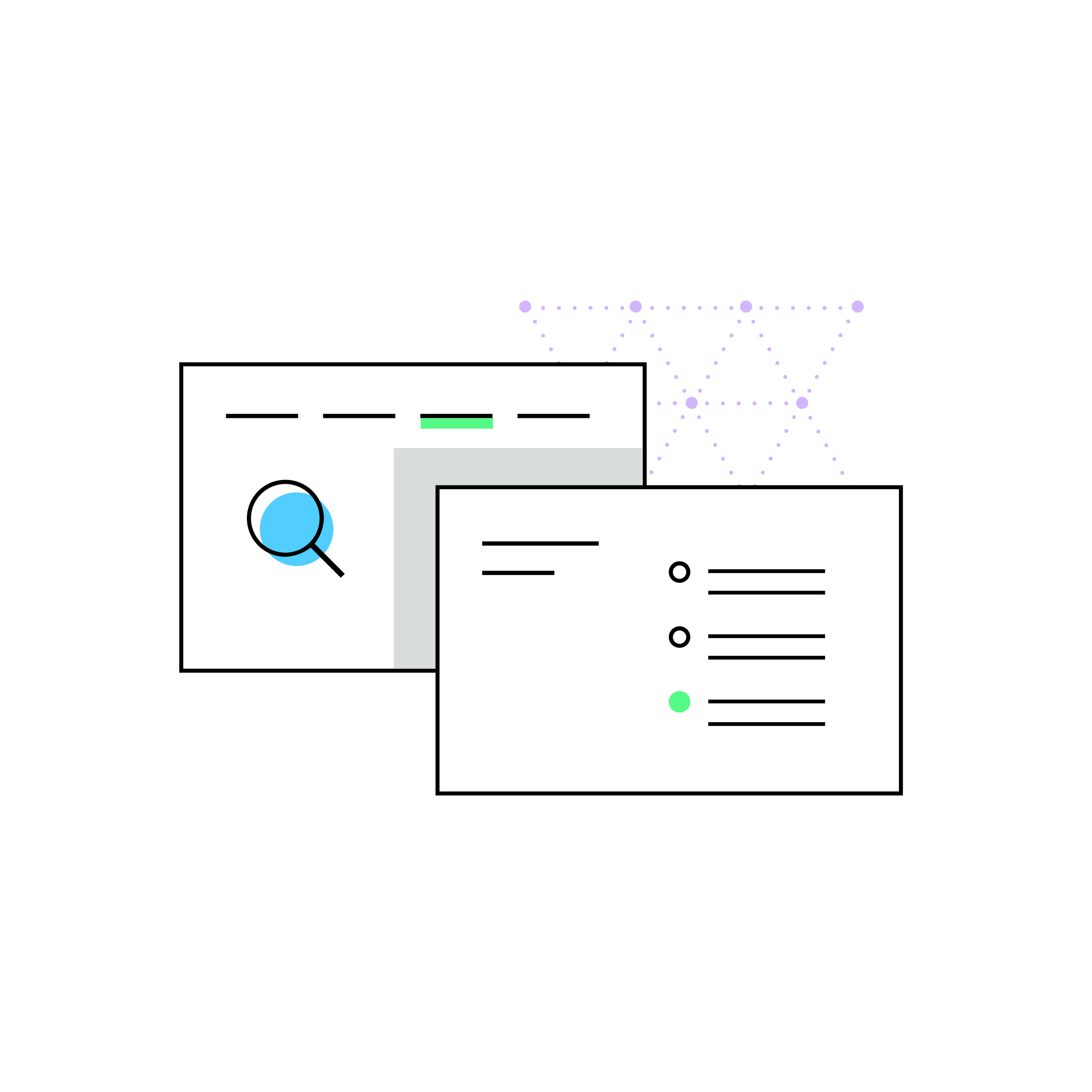Kansas falls in line with economic nexus
by May 10, 2021
It isn’t often that we get to write about sales tax law and drama in the same sentence, but the state of Kansas’s legislature has given us our fair share of highs and lows these past two years when it comes to sales tax law.
However, it looks as if Kansas will now fall in line and provide a small seller exemption when it comes to economic nexus. What exactly does this mean for e-commerce businesses? Let’s find out.
A brief history of Kansas economic nexus
The short version is that, unlike all the other U.S. states with an economic nexus provision, Kansas decided not to institute a small seller exemption. In Kansas’s eyes, every e-commerce seller who made even just a single sale to a buyer in the state of Kansas was required to register for a Kansas sales tax permit and begin collecting sales tax from all Kansas buyers.
This meant that under Kansas’s original economic nexus law, any seller no matter how small who made a sale to a buyer in Kansas was on the hook to register for a Kansas sales tax permit and collect sales tax from their buyer. And then they were required to remit that sales tax back to the state.
Kansas has not published any data regarding small sellers and sales tax, but considering the state’s relatively small population of 2 million people chances are this resulted in some tiny sales tax remittances. Some sellers who chose to comply may have even remitted just a few cents!
Many Kansas lawmakers, including the state’s attorney general, found all this difficult to fathom and strongly suggested that the state, like every other state with an economic nexus provision, adopt a small seller exemption. Though it never proceeded that far, Kansas’s insistence that every seller no matter how small collect sales tax may have even been deemed unconstitutional under the Dormant Commerce Clause.
Need a refresher on what economic nexus even is? Check out our economic nexus overview.
The current state of Kansas economic nexus
In early May 2021, Kansas lawmakers overrode governor Laura Kelly’s veto of S.B. 50. The override means that Kansas now falls into line with other states’ economic nexus provisions.
- Kansas now has an economic nexus provision starting July 1, 2021
- Kansas now has marketplace facilitator sales tax starting July 1, 2021
- Kansas no longer has click-through nexus starting July 1, 2021
Kansas’s new economic nexus law
Beginning July 1, 2021, remote e-commerce sellers who fit the following criteria are considered to have Kansas economic nexus:
- More than $100,000 of cumulative gross receipts from sales to customers in the state for the period of January 1, 2021, through June 30, 2021 or
- More than $100,000 of cumulative gross receipts from sales to customers in the state during the current or immediately preceding calendar year
Kansas’s new marketplace facilitator law
Beginning July 1, 2021, marketplace facilitators like Amazon or eBay who make or facilitate sales of more than $100,000 to buyers in the state of Kansas are required to collect sales tax on behalf of 3rd party sellers.
Kansas defines a “marketplace seller” as an entity that: “Contracts or otherwise agrees with marketplace sellers to facilitate for consideration, regardless of whether deducted as fees from the transaction, the sale of the marketplace seller’s products or rooms, lodgings or accommodations through a physical or electronic marketplace operated, owned or or otherwise controlled by the person.”
Additionally, Starting April 1, 2022 marketplace facilitators will also be required to collect state 911 fees.
High volume marketplace sellers who gross more than $1 billion in U.S. sales in a year can elect to collect their own sales tax as long as the state of Kansas is notified about this decision.
What should e-commerce sellers do about Kansas economic nexus?
First, double check if you have economic nexus in Kansas. TaxJar customers can do this using our Economic Nexus Insights Dashboard.
From there, Kansas requires that e-commerce sellers, or marketplaces, who meet their new criteria register for a Kansas sales tax permit and begin collecting sales tax when making sales to buyers in the state of Kansas.
Once you have registered for a Kansas sales tax permit, the state will assign you a filing frequency. This is generally monthly, quarterly or annually depending on your sales volume into the state.
TaxJar is here to help. Connect TaxJar to the online shopping carts and marketplaces on which you sell and we’ll provide return-ready sales tax reports or, better yet, AutoFile your Kansas sales tax return for you so you can spend less time on sales tax and more time growing your business.
Ready to automate sales tax? To learn more about TaxJar and get started, visit TaxJar.com/how-it-works.








